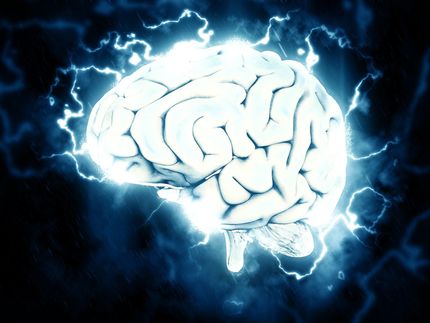Social isolation ages the brain faster
Social contact determines brain structure and cognitive ability
Advertisement
Social isolation is very likely to have a negative impact on brain function. In people who have little social contact and are over 50, the structure of the brain’s grey matter decreases more over time than in people who are less isolated. There is also a decline in cognitive performance. These are the findings of a study conducted by the University of Leipzig Medical Center in collaboration with the Max Planck Institute for Human Cognitive and Brain Sciences. The data has been published in the journal “eLife”.
All brain and central nervous system functions are controlled by grey matter. In their recent study, the Leipzig-based scientists have shown that people over the age of 50 who have little social contact show an accelerated loss of this matter in the hippocampus and cerebral cortex. Longitudinal data from 1900 participants in the research project also suggests that people who maintain or expand their social network preserve their brain structure and cognitive ability better than those who live in social isolation.
“Finding these effects in healthy people suggests a causal link between social isolation and faster cognitive decline. We also found evidence that this lifestyle-related change in the brain is significant from the age of 50. That is why preventive measures against cognitive decline should start very early,” says PD Dr. Veronica Witte, senior author of the publication and a scientist at the University of Leipzig Medical Center and the Max Planck Institute for Human Cognitive and Brain Sciences.
Standardised questionnaires were used to assess social isolation in the study participants. They underwent several days of extensive testing to determine their medical history and current health. A combination of cognitive tests was used to measure the participants’ performance in terms of memory, attention and mental flexibility. Their brain structure was mapped using high-resolution 3-tesla MRI images and computer-assisted evaluation routines.
Relevance of social dimension for dementia
“The findings support the link between social isolation and dementia, a serious condition that affects many millions of people worldwide. The study will provide important information for maintaining the health of the population and the well-being of individuals. We can also use our findings to highlight the importance of effectively tackling social isolation and taking preventive action against dementia,” says the scientist PD Dr. Witte. Thanks to the large sample size and repeated testing in the Leipzig population-based cohort study LIFE at Leipzig University, it was possible to study the relationship between social isolation, brain structure and cognitive function in particularly high quality.
Dementia is one of the main areas of research at the Clinic for Cognitive Neurology at the University of Leipzig Medical Center, which works with the MPI for Human Cognitive and Brain Sciences and the Institute of Social Medicine, Occupational Medicine and Public Health (ISAP) at the Faculty of Medicine. In the future, the researchers hope to further investigate the nature of the relationship between social isolation and cognitive health, with the aim of developing new strategies for the prevention and treatment of dementia through a better understanding of the underlying mechanisms. Social values such as community and solidarity seem to be a lever for reducing social isolation and thus possibly slowing down cognitive ageing.























































